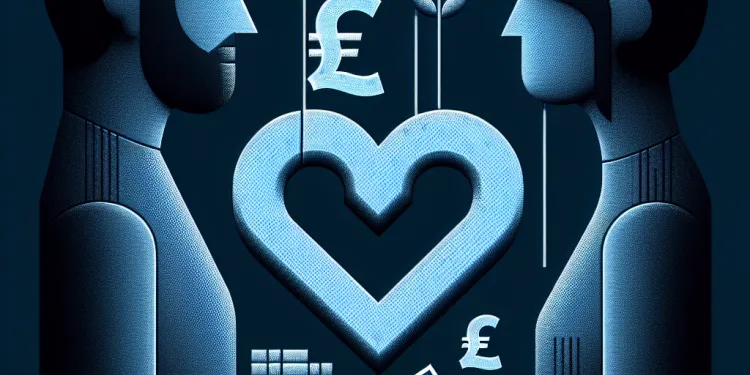
Find Help
More Items From Ergsy search
-
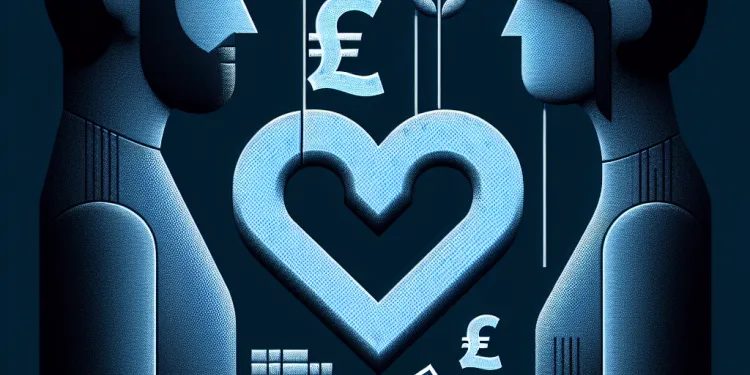
Can ending a toxic relationship improve my mental health?
Relevance: 100%
-
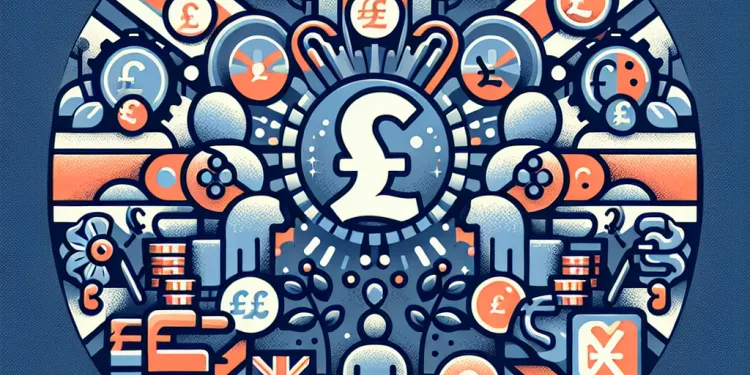
Can relationship problems be resolved to improve mental health?
Relevance: 55%
-
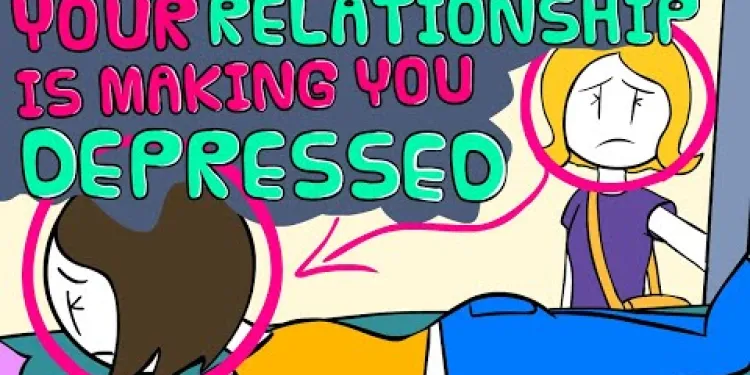
7 Signs Your Relationship is Making You Depressed
Relevance: 38%
-
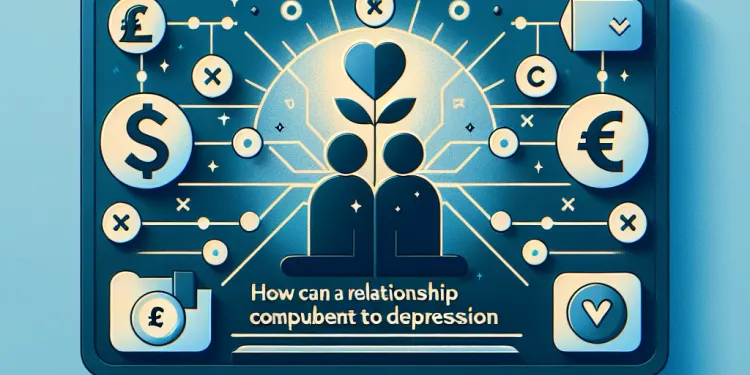
How can a relationship contribute to depression?
Relevance: 33%
-
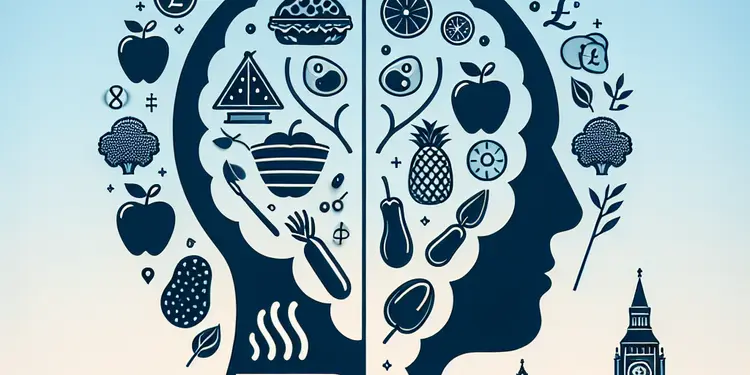
How do eating disorders affect mental health?
Relevance: 33%
-
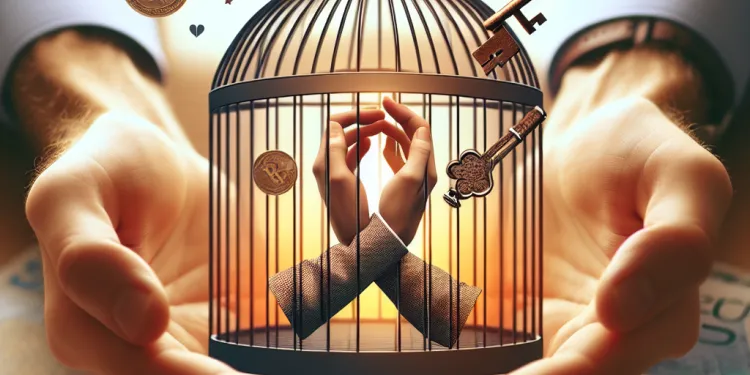
Is it possible to feel trapped in a relationship?
Relevance: 33%
-
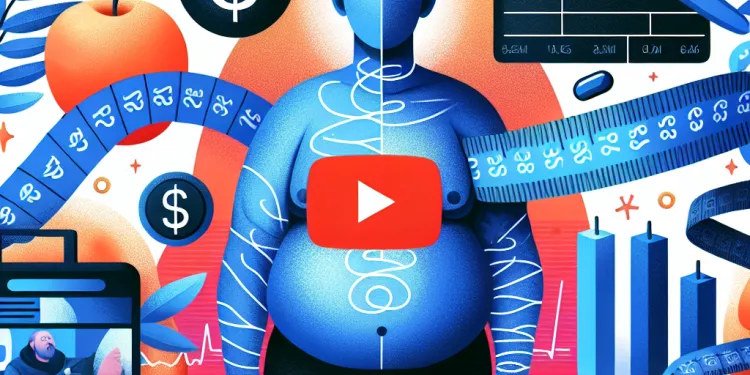
What is the impact of obesity on mental health?
Relevance: 32%
-

Mental Health: Laura's Story | NHS
Relevance: 32%
-
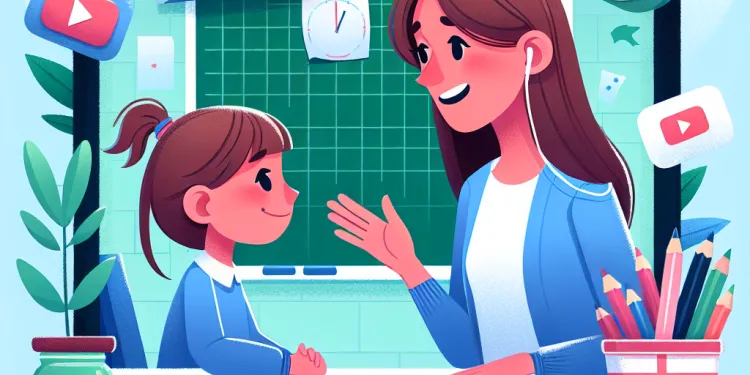
Understanding Mental Health in Children
Relevance: 31%
-

Mental Health Support Resources in the UK
Relevance: 30%
-

Mental Health Support Services in the UK
Relevance: 30%
-
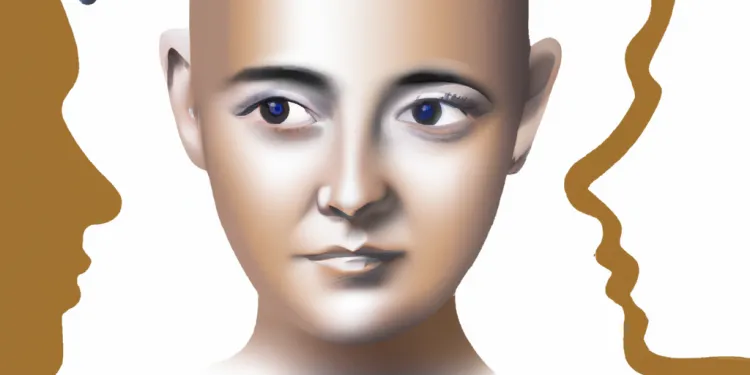
Mental Health Resources for Families
Relevance: 30%
-
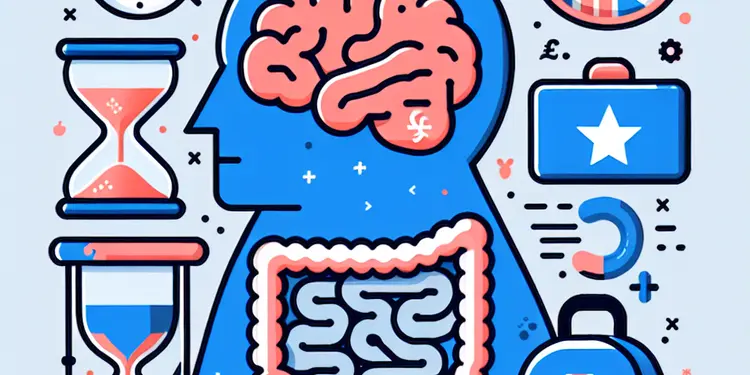
Can gut health affect mental health as one ages?
Relevance: 30%
-

How does binge drinking affect mental health?
Relevance: 30%
-
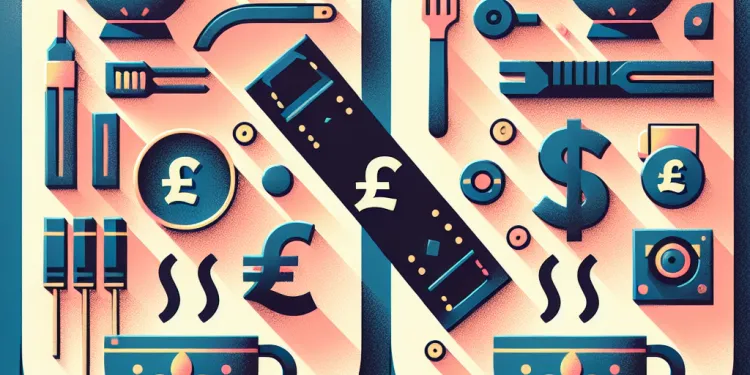
Is it better to stay in a relationship for the sake of not being alone?
Relevance: 30%
-
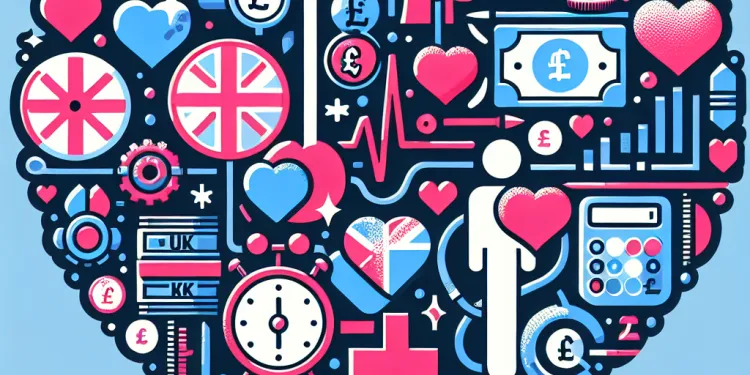
What are the signs that my relationship is making me depressed?
Relevance: 30%
-
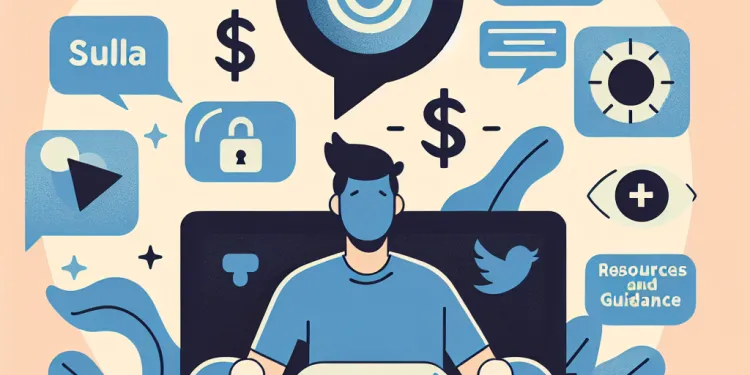
Mental Health Support for Families: Resources and Guidance
Relevance: 30%
-

Can concussions lead to mental health issues?
Relevance: 30%
-
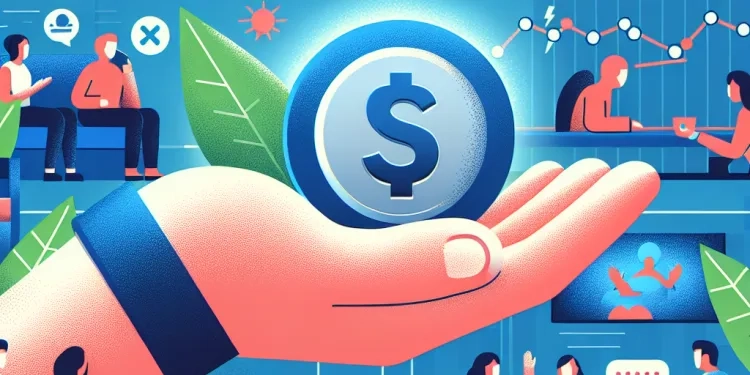
Mental Health Impact of Cost of Living Crisis and Support Resources
Relevance: 29%
-
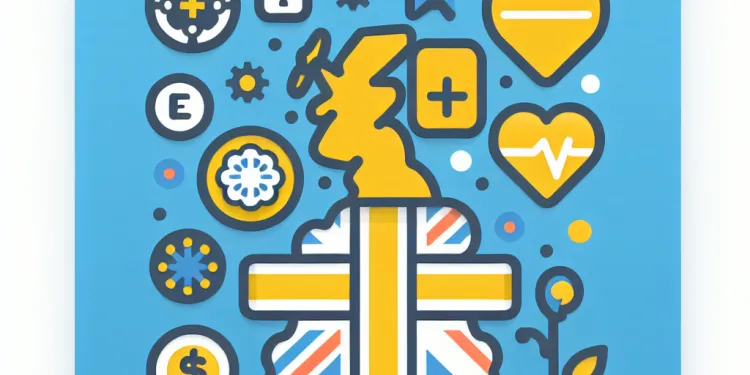
Accessing Mental Health Support Resources in the UK
Relevance: 29%
-
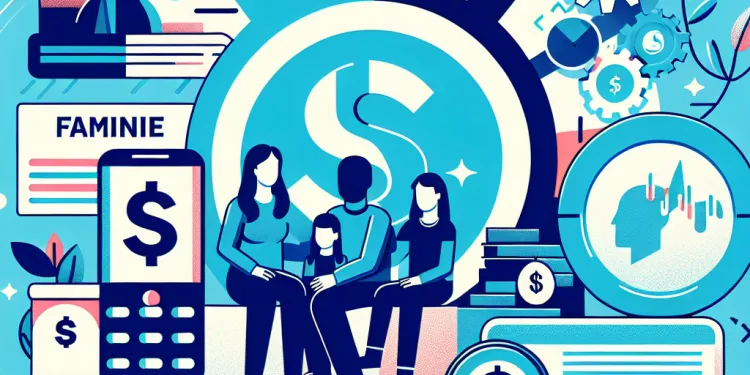
Advancements in Mental Health Resources for Families
Relevance: 29%
-
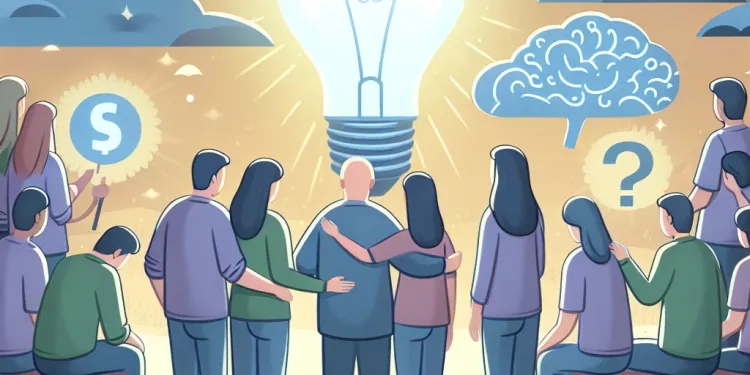
Mental Health Support Resources for Families
Relevance: 29%
-
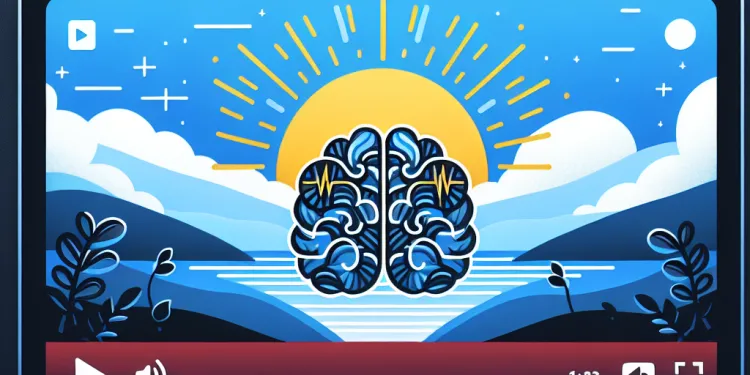
Current Challenges in Youth Mental Health Services
Relevance: 29%
-

What is the role of mental health assessments in indefinite sentences?
Relevance: 29%
-
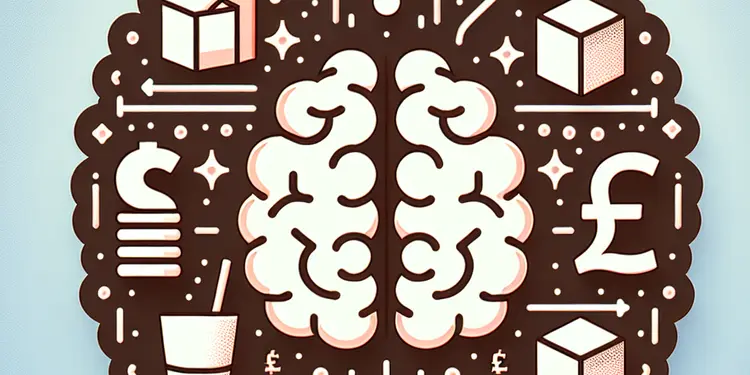
How does sugar impact mental health?
Relevance: 29%
-
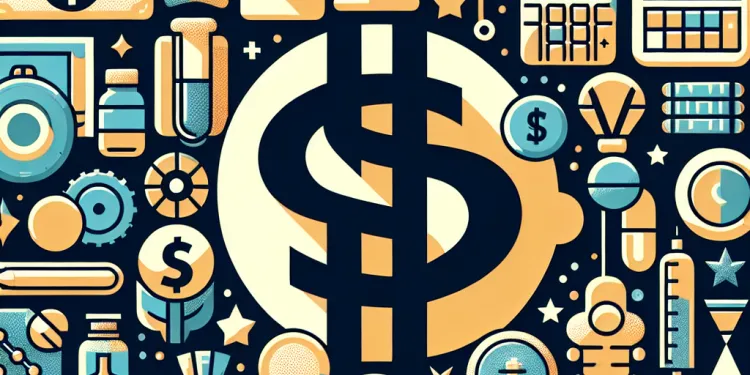
Tackling Youth Mental Health: Community Initiatives and Solutions
Relevance: 28%
-

How does the loneliness epidemic impact mental health?
Relevance: 28%
-
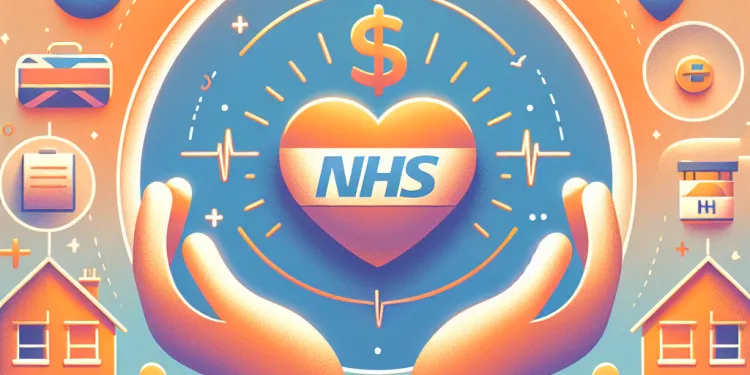
What is end of life care?
Relevance: 28%
-
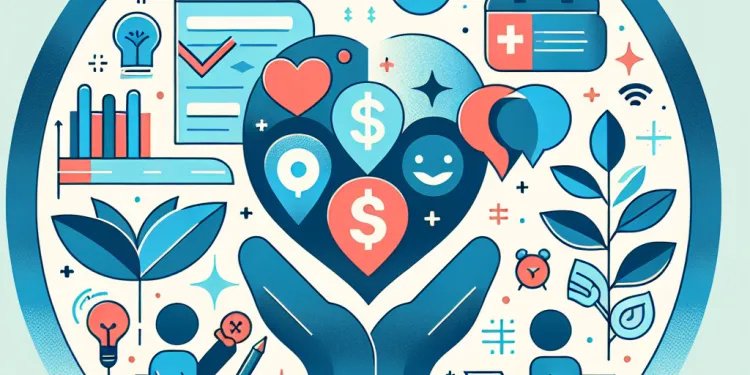
Mental Health Support for Families: Resources and Strategies
Relevance: 27%
-
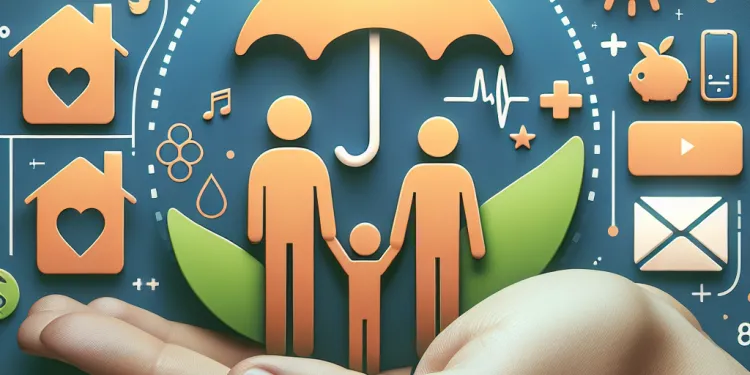
Mental Health Support for Families: Resources and Helplines
Relevance: 27%
-
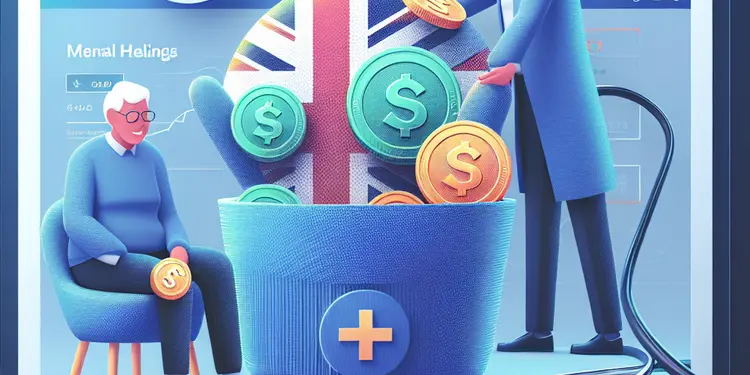
What mental health resources are available for seniors?
Relevance: 27%
-
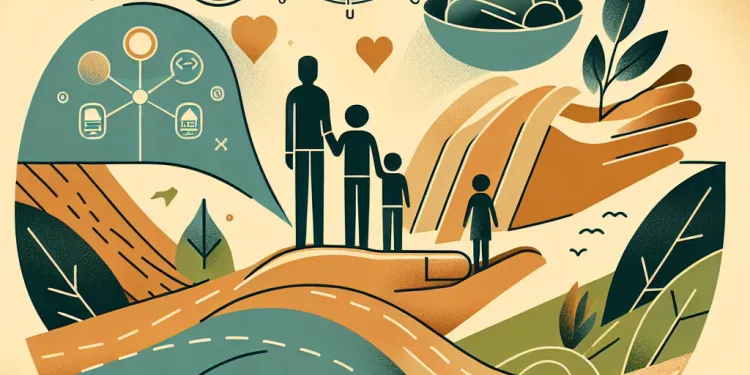
Navigating Mental Health Services for Children and Adolescents
Relevance: 27%
-
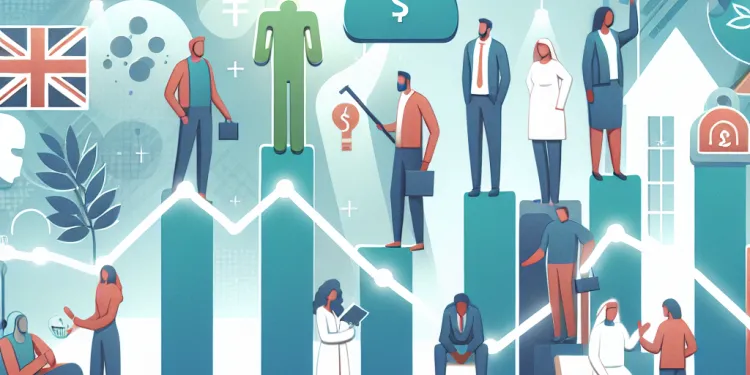
Mental Health Services Struggle to Cope Amid Record Demand
Relevance: 27%
-
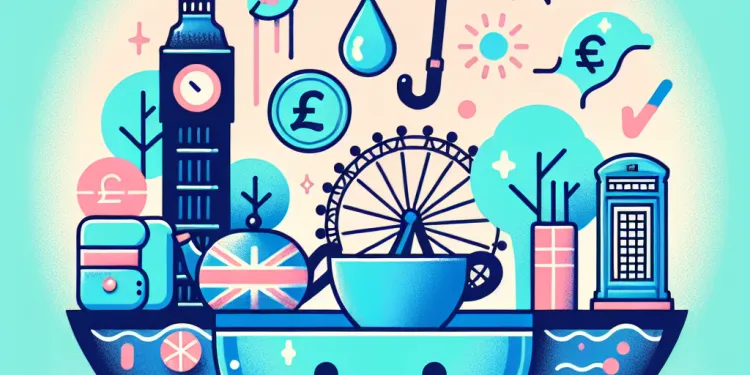
Can cortisol levels impact mood and mental health?
Relevance: 27%
-
Can eating disorders occur with other mental health conditions?
Relevance: 27%
-

Can mixed exercises improve mental health?
Relevance: 27%
-
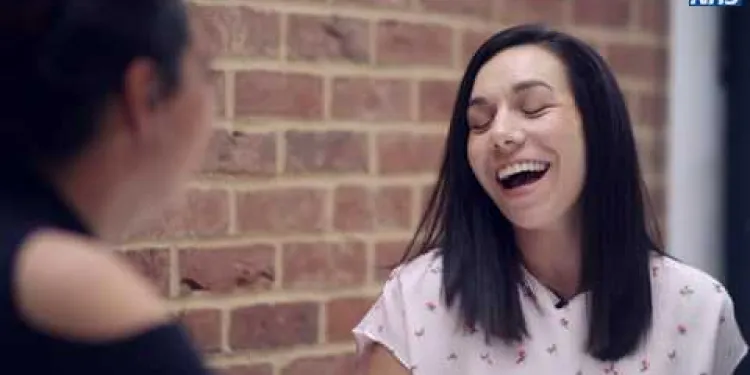
Short Films About Mental Health - Personality Disorders
Relevance: 27%
-
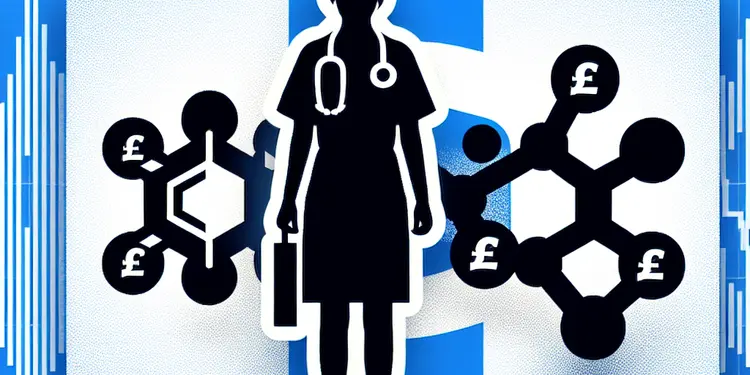
Can ketamine be prescribed for mental health conditions?
Relevance: 26%
-
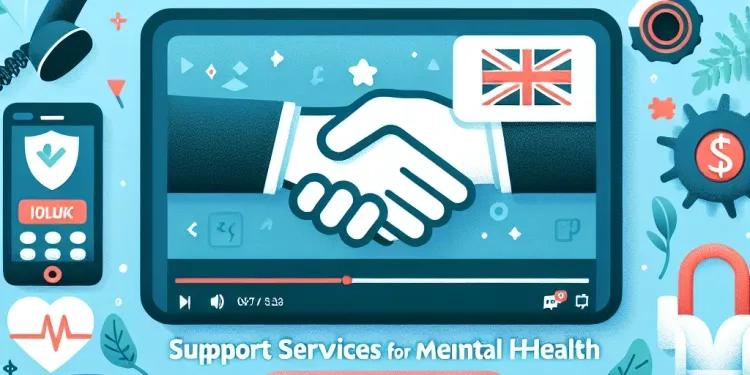
Support Services for Mental Health Amid Economic Uncertainty
Relevance: 26%
-
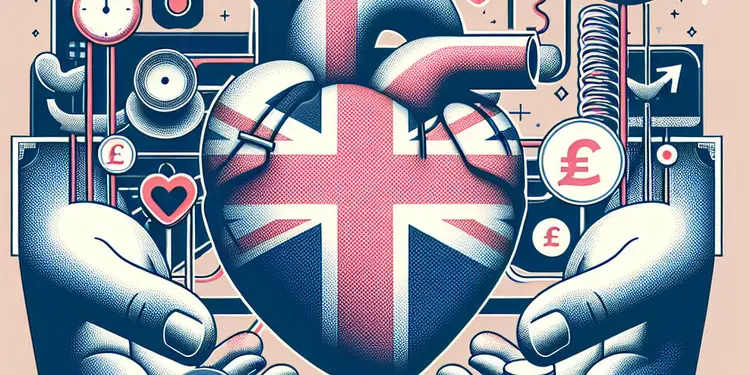
Can health-related anxiety affect relationships?
Relevance: 26%
Understanding Toxic Relationships
Toxic relationships are characterised by behaviours that are emotionally and, at times, physically damaging to the individuals involved. They often involve patterns of manipulation, control, and negativity that can impact one's self-esteem and mental stability. Recognising the signs of a toxic relationship is vital to understanding why ending such a relationship may be beneficial for your mental health.
Mental Health and Toxic Relationships
Being in a toxic relationship can severely affect mental health. Individuals in such relationships may experience heightened anxiety, chronic stress, or depression due to constant conflicts, emotional abuse, or manipulation. The stress of continuously trying to please a partner or fearing confrontation can become mentally exhausting and draining, reducing overall wellbeing and happiness.
Benefits of Ending a Toxic Relationship
Ending a toxic relationship can lead to significant improvements in mental health. Firstly, it can reduce the stress and anxiety that arise from constant conflict and emotional manipulation. Removing oneself from a toxic environment allows for mental clarity and peace of mind.
Furthermore, it provides an opportunity to rebuild self-esteem and self-worth. Many people who leave toxic relationships report feeling lighter, more empowered, and gaining greater control over their lives. This freedom can lead to improved self-confidence and a renewed sense of identity.
Steps to Take After Ending a Toxic Relationship
After ending a toxic relationship, it's essential to focus on healing and recovering from the emotional damage. Seeking support from friends, family, or professional therapists can provide the necessary guidance and encouragement during this time. Engaging in self-care activities, such as exercise, hobbies, and mindfulness, can foster emotional recovery and personal growth.
It's also crucial to set healthy boundaries for future relationships, ensuring that similar patterns do not recur. Learning from past experiences can help in recognising red flags early and prioritising personal wellbeing.
The Journey to Better Mental Health
In summary, ending a toxic relationship can significantly enhance one's mental health by eliminating sources of stress and emotional distress. It allows for personal growth, improved self-esteem, and a path to reclaiming one's mental and emotional wellbeing. For those in the UK struggling with a toxic relationship, numerous resources are available, such as counselling services and support groups, to assist in the transition and recovery process. Taking the step to leave a toxic relationship can be daunting but is often the first step towards a healthier and happier life.
Understanding Toxic Relationships
A toxic relationship is when someone makes you feel bad or unsafe. This can happen because of mean words or actions. These relationships can hurt your feelings and make you feel down. It is important to know if you are in a toxic relationship so you can feel better and be happier.
Mental Health and Toxic Relationships
Being in a toxic relationship can make you feel very upset. You might feel worried all the time or very sad. This is because of lots of fighting or someone being mean to you. Trying to make someone happy when they are not fair to you can be very tiring. It can make you feel very tired and unhappy.
Benefits of Ending a Toxic Relationship
Leaving a toxic relationship can make you feel much better. It can help stop the worry and sadness from arguing and being treated badly. It gives you peace and time to think clearly.
It can also help you feel stronger and good about yourself again. Many people feel happier and more in control of their lives after leaving a toxic relationship. This can make you feel more confident and know who you are.
Steps to Take After Ending a Toxic Relationship
After leaving a toxic relationship, it's important to heal and feel better. You can talk to friends, family, or a therapist to help you. Doing things you enjoy, like exercise, hobbies, or relaxing can help you feel better.
It's also important to make sure new relationships are healthy. Look out for signs that seem like the old relationship and make sure you take care of yourself first.
The Journey to Better Mental Health
Ending a toxic relationship can help you feel much better by getting rid of the stress that comes from bad treatment. It lets you grow, feel good about yourself, and be in charge of your feelings again. In the UK, there are places you can get help, like talking to a counsellor or joining a support group. Leaving a toxic relationship can be hard, but it's a big step to being healthier and happier.
Frequently Asked Questions
What is a toxic relationship?
A toxic relationship is one that is emotionally, mentally, or physically damaging to one or both partners. It often involves manipulation, control, verbal or physical abuse, or chronic conflict.
Can ending a toxic relationship improve my mental health?
Yes, ending a toxic relationship can significantly improve mental health by reducing stress, anxiety, and depression, and increasing overall well-being and self-esteem.
How does a toxic relationship affect mental health?
A toxic relationship can lead to increased levels of stress, anxiety, depression, and low self-esteem. It can also cause feelings of worthlessness and hinder personal growth.
What are some signs of a toxic relationship?
Signs include constant criticism, feeling drained, lack of support, controlling behaviors, and a pervasive sense of negativity and instability.
Why is it difficult to leave a toxic relationship?
It can be hard due to emotional attachment, fear of being alone, financial dependency, or feeling responsible for the partner's well-being.
What steps can I take to end a toxic relationship?
Steps include recognizing the toxicity, seeking support from friends or professionals, creating a safety plan if needed, and firmly communicating your decision to leave.
How can I cope after ending a toxic relationship?
Focus on self-care, seek support from friends and family, consider therapy, and take time to reconnect with yourself and your interests.
Can therapy help with recovery from a toxic relationship?
Yes, therapy can provide support, coping strategies, and help process emotions, facilitating recovery and personal growth after leaving a toxic relationship.
What are healthy relationship characteristics?
Healthy relationships are characterized by mutual respect, trust, honesty, support, fairness, and open communication.
Will I feel guilty after leaving a toxic relationship?
It's normal to feel guilt or doubt, but remember leaving is often the best choice for your well-being. Focus on the positive aspects of your decision.
How can I rebuild my self-esteem after a toxic relationship?
Practice self-compassion, engage in activities that make you feel good about yourself, set small goals, and surround yourself with supportive people.
How can ending a toxic relationship affect my physical health?
Ending a toxic relationship may reduce stress-related physical symptoms, improve sleep, and contribute to better overall health.
What if I still love my partner but know the relationship is toxic?
It's common to have mixed feelings, but prioritizing your mental health and well-being is crucial. Love alone doesn't undo toxicity.
How long does it take to recover from a toxic relationship?
Recovery time varies for each individual, depending on the relationship's impact and personal resilience. It's important to be patient with yourself and seek support if needed.
Can ending a toxic relationship improve relationships with others?
Yes, it can lead to healthier interactions with friends and family, as you set better boundaries and improve communication skills.
What should I do if my ex-partner tries to contact me after ending the relationship?
Consider setting firm boundaries, limiting or cutting off contact, and seeking support if you feel overwhelmed or unsafe.
How can I prevent entering into another toxic relationship?
Reflect on past patterns, set clear boundaries, seek partners with healthy relationship skills, and take relationships slowly.
Is it possible to change a toxic relationship into a healthy one?
While challenging, positive change is possible if both partners are willing to make significant changes, perhaps with the help of therapy.
Can I remain friends with my ex-partner after ending a toxic relationship?
It's best to focus on healing first. Remaining friends may not be healthy or feasible immediately after a toxic relationship.
How does self-care play a role in recovering from a toxic relationship?
Self-care is crucial as it helps rebuild self-esteem, manage stress, and foster a positive relationship with oneself, all essential for healing and recovery.
What is a bad relationship?
A bad relationship is when two people hurt each other. It is not happy or healthy. People might feel sad, scared, or not safe. These are signs that the relationship is bad.
Here are some things that can help:
- Talk to someone you trust, like a friend or a family member.
- Write down your feelings in a diary or a notebook.
- Find a counselor or a therapist to talk to. They can help you feel better.
A toxic relationship is a bad relationship that hurts your feelings, mind, or body. In this kind of relationship, one or both partners might try to control each other, use mean words, or even hurt each other physically. There can be a lot of fighting and problems that never seem to go away.
If you think you are in a bad relationship, talk to someone you trust. You can also call a helpline for help. They can listen to you and give advice. Remember, you deserve to feel safe and happy.
Can leaving a bad relationship make me feel better?
Being in a bad relationship can make you feel upset. Leaving it might help you feel happier. Talk to someone you trust. Use a diary to write down your feelings. It can help you understand your thoughts.
Yes, ending a bad relationship can make you feel much better. You might feel less worried and less sad. It can help you feel happier and better about yourself.
What happens to your mind in a bad relationship?
A bad relationship can make you feel very sad or worried.
Here are some things you might feel:
- Sad most of the time.
- Afraid or scared.
- Tired or no energy.
- Hard to sleep.
- Can't stop worrying.
It's important to tell someone if you feel this way. You can talk to a friend or a family member.
Writing in a diary can also help. Try drawing or writing about your feelings.
A bad relationship can make you feel very stressed, worried, and sad. It can also make you feel like you are not good enough and stop you from getting better as a person.
What are some signs of a bad relationship?
A bad relationship can make you feel bad or sad. Here are some signs:
- You feel scared or worried a lot.
- The person is mean and calls you names.
- You don’t feel you can be yourself.
- The person tries to control what you do.
- You don’t feel happy like you should.
If you think you are in a bad relationship, talk to someone you trust. You can also talk to a counselor or a teacher. Remember, you deserve to feel safe and happy.
Look for these signs:
- Someone who always finds fault or says mean things.
- Feeling really tired all the time.
- No one helps you.
- Someone tries to control what you do.
- Everything feels negative or shaky.
Here are some tools that can help:
- Talk to an adult you trust.
- Write your feelings in a journal to understand them better.
- Use apps or websites that help with learning.
- Try relaxation exercises like deep breathing.
Why is it hard to leave a bad relationship?
Being in a bad relationship can make you feel sad and scared. It can be hard to leave because:
- Feelings: You might still care about the person.
- Fear: You could be afraid of what they might do if you leave.
- Dependence: You might rely on them for money or a home.
- Confidence: You might feel like you can't do things on your own.
If you're in a bad relationship, talk to someone you trust. They can help you make a plan. There are hotlines and websites with people who can support you too. You are not alone.
It can be hard to leave a relationship because of feelings, being scared of being alone, needing money, or feeling like you must take care of your partner.
How can I leave a bad relationship?
When you are in a bad relationship, it is important to feel safe and happy. Here are some easy steps to help you leave:
- Talk to Someone You Trust: Share your feelings with a friend or family member you trust.
- Make a Plan: Think about where you will go and what you will need. Write down your plan.
- Tell the Person How You Feel: Let the person know the relationship is not good for you. You can write a letter if talking is hard.
- Get Help From a Support Group: Find people or groups who can help you, like a counselor or support hotline.
- Take Care of Yourself: Do things that make you happy and calm, like drawing, reading, or walking.
Remember, you deserve to be happy and safe. If you feel scared, ask for help right away.
Steps to take:
1. See if the relationship is bad for you.
2. Talk to friends or someone who can help.
3. Make a safety plan if you need it.
4. Tell the person clearly that you want to leave.
How can I feel better after a bad relationship ends?
Ending a bad relationship can be hard. Here are some simple ideas to help you feel better:
- Talk to someone you trust, like a friend or family member. Sharing your feelings can help.
- Do things you enjoy, like drawing or playing a game. This can make you feel happier.
- Write down your feelings in a diary. This helps you understand what you feel.
- Try some easy exercises, like walking or stretching. Moving your body can make you feel good.
- If you feel very sad, talk to a doctor or counselor. They are there to help.
Remember, it's okay to take time to feel better. Be kind to yourself.
Take care of yourself. Ask your friends and family for help. Think about talking to a therapist. Spend some time doing things you love and that make you happy.
Can talking to a therapist help you feel better after a bad relationship?
Talking to a therapist can help. They listen to you and give advice. They can teach you ways to feel happy again. Here are some things that might help:
- Write down your feelings.
- Talk to someone you trust.
- Draw or paint your thoughts.
- Try relaxing exercises, like deep breathing.
These tools can help you feel stronger and happier.
Yes, talking to a therapist can help you in many ways. They can support you and help you understand your feelings. They can also teach you new ways to handle problems. This can help you get better and feel stronger after leaving a bad relationship.
What makes a good and healthy friendship?
Healthy relationships are built on being kind, trusting each other, telling the truth, helping one another, being fair, and talking openly.
Will I feel bad after leaving a hurtful relationship?
Leaving a hurtful relationship can make you feel a lot of emotions. You might feel sad, worried, or guilty. But what you are feeling is okay. It is normal to have these feelings when big changes happen.
Here are some ways to help you feel better:
- Talk to someone you trust, like a friend or family member. They can help you feel better.
- Write down your feelings in a notebook. This can help you understand them.
- Remember you did something good for yourself by leaving a hurtful relationship.
- If you need more help, talking to a counselor might be a good idea.
Be kind to yourself. Healing takes time, and you are strong for making this choice.
It's okay to feel bad or unsure, but leaving can be the best thing for you. Think about the good things that come from your choice.
How can I feel good about myself after a bad relationship?
Being in a bad relationship can make you feel sad or not good enough. Here are some simple steps to help you feel better about yourself:
- Talk to someone you trust: Share your feelings with a friend, family member, or therapist. Talking can help you feel better.
- Take care of yourself: Eat healthy food, get enough sleep, and exercise. These can help you feel strong and happy.
- Do things you enjoy: Spend time doing activities or hobbies you like. This can help you remember what makes you happy.
- Be kind to yourself: Treat yourself with the same kindness you show to others. It's okay to make mistakes.
- Practice positive thinking: Say nice things to yourself. For example, "I am a good person" or "I can do this."
- Use a journal: Write down your thoughts and feelings. This can help you understand and let go of bad feelings.
Remember, it takes time to feel better. Be patient and gentle with yourself.
Be kind to yourself. Do things that make you happy. Set little goals you can reach. Spend time with nice people who support you.
What happens to my body if I leave a bad relationship?
Leaving a bad relationship can help you feel less stressed. It can make your body feel better, help you sleep well, and make you healthier.
What If I Love My Partner But Know the Relationship Is Unhealthy?
Do you still love your partner, but feel that your relationship is bad for you? This is called an unhealthy relationship.
Here are some things you can do:
- Talk to someone you trust, like a friend or family member.
- Write down your feelings in a journal.
- Think about what makes you happy and safe.
- Remember, it's okay to ask for help from a counselor or support line.
It’s important to do what is best for you and your well-being.
It's okay to have lots of different feelings. But it's important to take care of your mind and feelings. Just loving someone is not enough if they make you feel bad.
How long to feel better after a bad relationship?
It can take time to feel better after a bad relationship. Everyone is different, so the time needed can change.
Here are some tips to help:
- Talk to a friend or family member.
- Write about your feelings in a journal.
- Do things you enjoy, like playing or drawing.
- Try to think positive thoughts.
If you need more help, talking to a counselor can be good too.
How long it takes to feel better is different for everyone. It depends on how big the breakup was and how strong you are. Be kind to yourself and get help if you need it.
Will breaking up from a bad friendship help you get along better with other people?
Yes, it can help you have better talks and time with friends and family. You learn to say what you need and listen to others.
What can I do if my ex tries to talk to me after we broke up?
It's important to make clear rules. Try to keep your distance or stop talking to someone if they make you feel uneasy or in danger. Ask for help if you need it. You can talk to a friend, family member, or a trusted adult. Using apps or tools that block messages can also help keep you safe.
How can I stay away from bad friendships?
Here are some tips to help:
- Think about past friendships: Remember what didn't feel good and try to avoid those things.
- Talk to someone you trust: A friend or family member can help you see warning signs.
- Trust your feelings: If someone makes you feel bad or unsafe, it's okay to step back.
- Set rules for yourself: Decide what you won't accept from others.
- Take your time: Don't rush into friendships. Get to know people slowly.
You can also use helpful tools like these:
- Write down your thoughts: Keeping a diary can help you understand your feelings.
- Join a support group: Talking with others who understand can be helpful.
- Read books or articles: Learn more about healthy friendships.
Think about what happened in your past. Make sure you know what you want and do not want. Choose friends or partners who are good at being nice and kind. Take your time getting to know them.
Can a Bad Relationship Get Better?
Sometimes, people have relationships that make them feel sad or upset. These are called bad or toxic relationships.
Can you change a bad relationship into a good one? Yes, it's possible! But it takes work from everyone involved.
Here are some tips to help:
- Talk to Each Other: Try to share your feelings in a calm way. Listen to each other.
- Set Boundaries: Agree on what you both want and need from the relationship.
- Be Respectful: Treat each other nicely and kindly.
- Seek Help: Talk to a counselor or therapist if you need more support.
Remember, everyone deserves to feel happy and safe in their relationships.
Changing can be hard. But good changes can happen if both people want it. It can help to talk to a therapist.
Can I still be friends with my ex after a bad relationship?
When a relationship ends badly, you might wonder if you can still be friends. Here are some tips to think about:
- Take a break: Give yourself time to calm down and heal.
- Be honest: Think about how being friends might feel.
- Talk about it: If possible, talk to your ex about being friends.
- Keep it simple: Friendship should make you feel good, not stressed.
If you need help, you can use tools like talking to a trusted friend or a counselor.
First, it's important to take care of yourself. Trying to be friends right after a bad relationship might not be a good idea.
Here are some things that might help:
- Give yourself time to feel better.
- Talk to someone you trust, like a family member or a friend.
- Write down how you feel in a journal.
- Try to do things that make you happy and relaxed, like drawing or playing sports.
How does taking care of yourself help you feel better after a bad relationship?
When you take care of yourself, it can make you feel happier and stronger. If you were in a bad relationship, doing nice things for yourself can help you heal and feel good again.
Here are some ways to take care of yourself:
- Spend time with friends or family who make you feel happy.
- Do things you enjoy, like drawing, playing games, or going for a walk.
- Talk to someone you trust about how you feel.
- Eat healthy food and get enough sleep.
- Take deep breaths and try to relax if you feel upset.
Tools that might help you:
- Use a journal to write about your feelings.
- Try apps that help you meditate or relax.
Remember, being kind to yourself is important. You deserve to feel good!
Taking care of yourself is very important. It helps you feel good about who you are, handle stress better, and be kind to yourself. Doing these things helps you get better and feel happier.
Useful Links
This website offers general information and is not a substitute for professional advice.
Always seek guidance from qualified professionals.
If you have any medical concerns or need urgent help, contact a healthcare professional or emergency services immediately.
Some of this content was generated with AI assistance. We’ve done our best to keep it accurate, helpful, and human-friendly.
- Ergsy carfully checks the information in the videos we provide here.
- Videos shown by Youtube after a video has completed, have NOT been reviewed by ERGSY.
- To view, click the arrow in centre of video.
- Most of the videos you find here will have subtitles and/or closed captions available.
- You may need to turn these on, and choose your preferred language.
- Go to the video you'd like to watch.
- If closed captions (CC) are available, settings will be visible on the bottom right of the video player.
- To turn on Captions, click settings .
- To turn off Captions, click settings again.
More Items From Ergsy search
-

Can ending a toxic relationship improve my mental health?
Relevance: 100%
-

Can relationship problems be resolved to improve mental health?
Relevance: 55%
-

7 Signs Your Relationship is Making You Depressed
Relevance: 38%
-

How can a relationship contribute to depression?
Relevance: 33%
-

How do eating disorders affect mental health?
Relevance: 33%
-

Is it possible to feel trapped in a relationship?
Relevance: 33%
-

What is the impact of obesity on mental health?
Relevance: 32%
-

Mental Health: Laura's Story | NHS
Relevance: 32%
-

Understanding Mental Health in Children
Relevance: 31%
-

Mental Health Support Resources in the UK
Relevance: 30%
-

Mental Health Support Services in the UK
Relevance: 30%
-

Mental Health Resources for Families
Relevance: 30%
-

Can gut health affect mental health as one ages?
Relevance: 30%
-

How does binge drinking affect mental health?
Relevance: 30%
-

Is it better to stay in a relationship for the sake of not being alone?
Relevance: 30%
-

What are the signs that my relationship is making me depressed?
Relevance: 30%
-

Mental Health Support for Families: Resources and Guidance
Relevance: 30%
-

Can concussions lead to mental health issues?
Relevance: 30%
-

Mental Health Impact of Cost of Living Crisis and Support Resources
Relevance: 29%
-

Accessing Mental Health Support Resources in the UK
Relevance: 29%
-

Advancements in Mental Health Resources for Families
Relevance: 29%
-

Mental Health Support Resources for Families
Relevance: 29%
-

Current Challenges in Youth Mental Health Services
Relevance: 29%
-

What is the role of mental health assessments in indefinite sentences?
Relevance: 29%
-

How does sugar impact mental health?
Relevance: 29%
-

Tackling Youth Mental Health: Community Initiatives and Solutions
Relevance: 28%
-

How does the loneliness epidemic impact mental health?
Relevance: 28%
-

What is end of life care?
Relevance: 28%
-

Mental Health Support for Families: Resources and Strategies
Relevance: 27%
-

Mental Health Support for Families: Resources and Helplines
Relevance: 27%
-

What mental health resources are available for seniors?
Relevance: 27%
-

Navigating Mental Health Services for Children and Adolescents
Relevance: 27%
-

Mental Health Services Struggle to Cope Amid Record Demand
Relevance: 27%
-

Can cortisol levels impact mood and mental health?
Relevance: 27%
-
Can eating disorders occur with other mental health conditions?
Relevance: 27%
-

Can mixed exercises improve mental health?
Relevance: 27%
-

Short Films About Mental Health - Personality Disorders
Relevance: 27%
-

Can ketamine be prescribed for mental health conditions?
Relevance: 26%
-

Support Services for Mental Health Amid Economic Uncertainty
Relevance: 26%
-

Can health-related anxiety affect relationships?
Relevance: 26%


